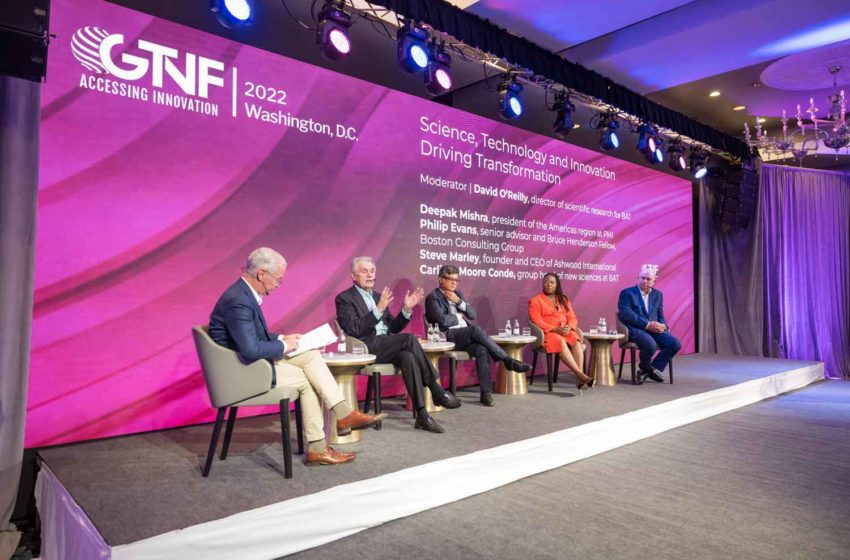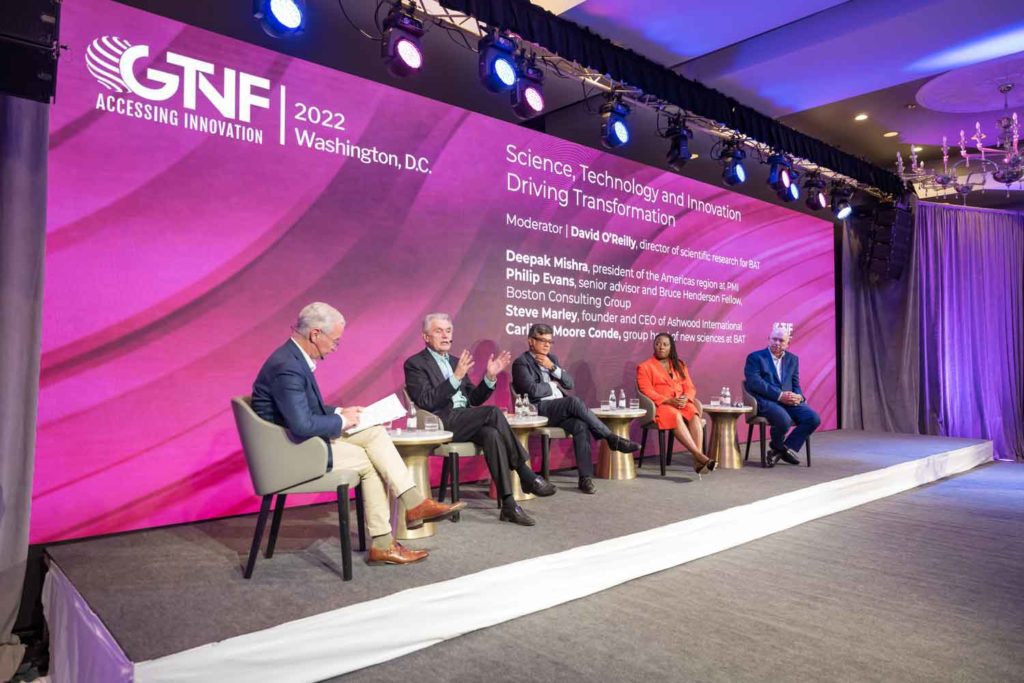Science, technology and innovation


Continuous innovation is crucial to the tobacco industry’s transformation process. A substantial part of it is driven by freshly recruited talents from fields not linked to the sector in the past, such as consumer electronics. Despite their far-reaching consequences, the massive changes in the tobacco industry over the last decade have gone largely unnoticed on the outside, causing outdated stereotypes to persist and making talent acquisition challenging.
To be successful, employers must understand what great talents want today, said Steve Marley, founder and CEO of Ashwood International. “They seek inspirational leadership, flexibility and autonomy; there must be a sense of value and purpose in their job, and they want an inclusive workplace. To attract the best, companies need to make a stance—they must embed environmental, social and governance (ESG) goals in their talent acquisition strategy, build a progressive value proposition and broaden their talent reach.” Today, employees are no longer human resources, but stakeholders, Marley added. “The sooner a company realizes that, the more attractive it will be.”
Carlista Moore Conde, group head of new sciences at BAT, echoed Marley’s points. Coming from a background in consumer goods, she said she joined BAT because she was attracted to its purpose—helping adult smokers quit combustible cigarettes. Her uncle had died in his mid-sixties from a tobacco-related disease. “To manage consumer satisfaction risk, disruptive science and innovation is required,” she said. “In product development, nicotine companies need to ask themselves the same questions as other fast-moving consumer goods companies and can perhaps learn from them—their products do not only have to taste good but need to give emotional and social benefits as well.”
In recruiting, innovation in the tobacco industry has made a huge difference, said Philip Evans, senior advisor at the Boston Consulting Group (BCG). BCG has investigated the issues of trust and reputation that continue to haunt the tobacco sector. “The trustworthiness of a company goes up and down with the industry,” explained Evans. “Trust is slow to build and quick to destroy. For companies, it is important to carry a sense of purpose at every opportunity. The issue of trustworthiness in different countries is co-related and needs to be worked at.”
Deepak Mishra, president of the Americas region at Philip Morris International, emphasized the shift toward consumer centricity in R&D, which didn’t exist in the industry 10 or 15 years ago. “We need to understand the needs of consumers. Creating a matching portfolio that gets adult smokers to switch to less hazardous products is critical.” He named misinformation, a hindrance through flawed science, as continuous external impediment. “It is getting better every year, but education of the consumer remains important,” he said.
As important issues for the future, panelists singled out partnering across the industry and a clear model of innovation. Players seeking to merely follow the leading companies in their process of transformation should recognize that no company can ride on the tails of another company—every player is responsible for its own transformation.